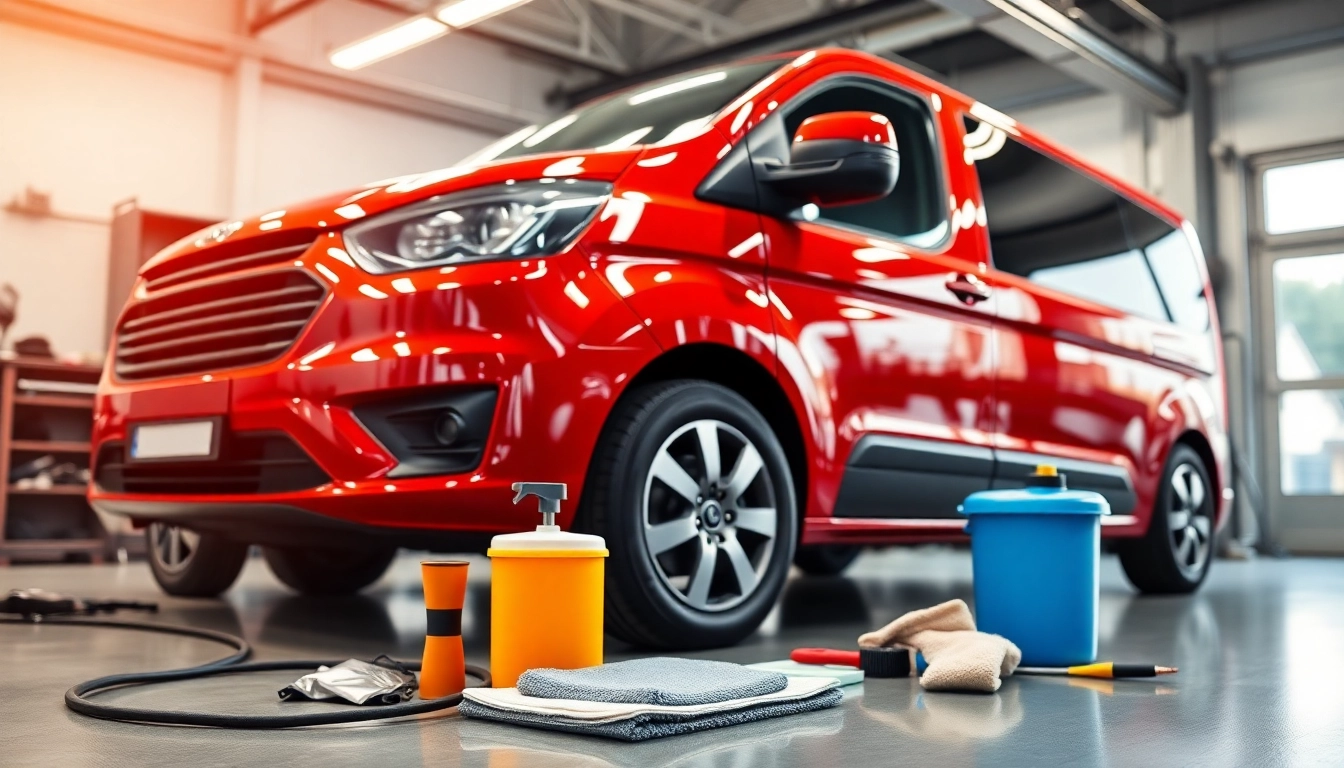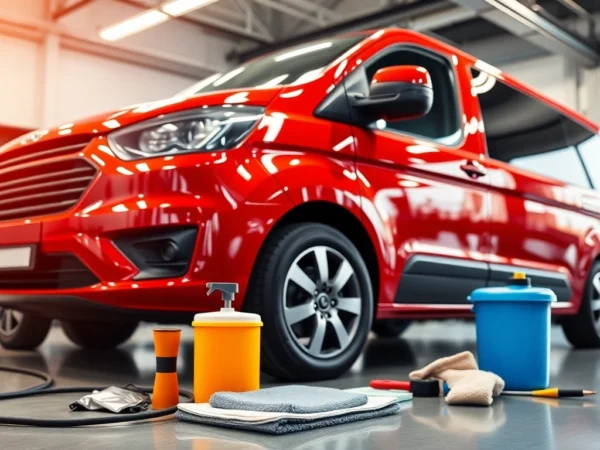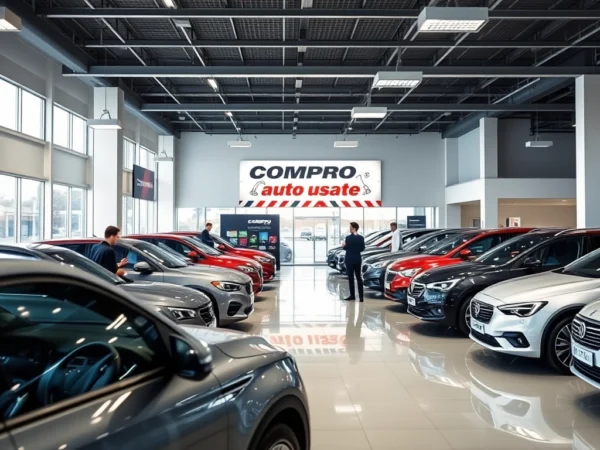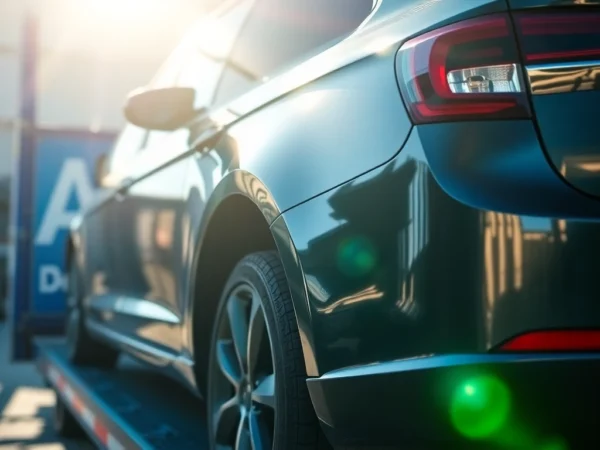Optimale Pflege: Wohnmobilreiniger für strahlende Ergebnisse und langanhaltenden Schutz
Introduction to RV Cleaners: Fundamentals and Significance
Maintaining a pristine and well-protected motorhome is essential for preserving its value, appearance, and longevity. An effective wohnmobilreiniger plays a pivotal role in this process, offering a comprehensive solution to eliminate dirt, grime, and environmental debris that accumulate during travel and outdoor adventures. Whether you’re a seasoned full-time RVer or a weekend camper, understanding the essentials of RV cleaning ensures your vehicle remains in optimal condition, providing a pleasant and hygienic travel experience. This guide delves into the core aspects of RV cleaners, their selection, application techniques, and innovative products that elevate your maintenance routine.
What is an RV Cleaner?
An RV cleaner is a specially formulated cleaning product designed to effectively remove dirt, contaminants, and stubborn residues from the surfaces of motorhomes and recreational vehicles. These products are tailored to cater to diverse materials such as gelcoat, aluminum, plastic, rubber, and paintwork, often containing ingredients that provide cleaning power without damaging the underlying surfaces. High-quality RV cleaners are capable of tackling diverse dirt types—from road grime and insect splatters to ecological deposits like bird droppings and salt residues—while maintaining the vehicle’s finish and integrity.
Why Proper Maintenance Matters?
Regular cleaning with the right products not only keeps the RV looking attractive but also significantly extends its lifespan. Dirt and environmental pollutants can cause corrosion, mold growth, and degradation of seals if left untreated. Additionally, a clean exterior improves aerodynamics, fuel efficiency, and user safety. Proper maintenance also prevents the buildup of contaminants that can harbor bacteria or fungi, ensuring healthier living conditions inside the vehicle. Moreover, a well-maintained vehicle retains its resale value and enhances the overall camping experience.
Common Challenges in RV Cleaning
Many RV owners encounter issues such as stubborn grime, water spots, or inadvertently damaging delicate surfaces during cleaning. Challenges include choosing incompatible cleaning agents, neglecting routine maintenance, or improper technique. For instance, aggressive scrubbing can scratch paint, while using household cleaners may harm seals and plastics. Additionally, environmental factors like salt spray, bird droppings, and pollution exacerbate cleaning difficulties. Recognizing these challenges and employing targeted solutions ensures effective and sustainable RV cleaning practices.
Selecting the Right RV Cleaner
Key Considerations for Product Selection
Choosing the optimal RV cleaner involves evaluating several factors:
- Surface Compatibility: Ensure the cleaner is suitable for your vehicle’s materials, including gelcoat, aluminum, plastics, and rubber seals.
- Cleaning Power: Look for formulations that efficiently remove dirt, stains, and environmental deposits without requiring excessive scrubbing.
- Eco-Friendliness: Opt for environmentally sustainable products that are biodegradable and free from harmful chemicals, aligning with green driving and camping values.
- Ease of Use: Consider products that can be applied with simple methods, reducing time and effort while maximizing results.
Features of a High-Quality RV Cleaner
Superior RV cleaners typically possess the following characteristics:
- Non-Abrasive Formulation: Prevents scratches and preserves paintwork.
- Versatility: Suitable for exterior, interior, and detailed cleaning tasks.
- Foaming Action: Enhances contact time and dirt removal, especially with foam guns and sprayers.
- Biodegradability: Degrades quickly in the environment, reducing ecological impact.
Chemical vs. Biodegradable Cleaners
Traditional chemical cleaners are often potent but may pose environmental and health risks. Conversely, biodegradable cleaners concentrate on eco-friendliness, using plant-based or milder ingredients that do not compromise cleaning efficacy. For example, eco-friendly formulations reduce water pollution and are safer during application. Research indicates that high-performance biodegradable products can match or surpass conventional cleaners, providing a sustainable and effective alternative for conscientious RV owners.
Application and Maintenance: Step-by-Step Guide
Preparing Your RV for Cleaning
Begin by parking in shaded, cool areas to prevent rapid evaporation of cleaning solutions. Remove loose debris with a gentle brush or blower. It’s advisable to rinse the vehicle thoroughly with water to loosen surface dirt, reducing the risk of scratching during scrubbing. Use warm water and a mild cleaning agent suitable for your RV’s surfaces for initial washing, ensuring thorough coverage.
Effective Cleaning Techniques Using RV Cleaners
Follow these best practices for optimal results:
- Apply the cleaner via a foam gun or sprayer to increase contact time and coverage. Products like the wohnmobilreiniger are designed to foam and cling to surfaces, loosening stubborn debris.
- Use soft microfiber towels or brushes to gently scrub the surfaces. For intricate areas or stubborn stains, dedicated polisher sponges or Waffelpads enhance cleaning without damage.
- Rinse thoroughly with clean water, ensuring no residue remains. For heavily contaminated surfaces, repeat the process.
Post-Cleaning Protection: Sealing & Coating
To enhance durability, apply a high-quality sealer like the BCC Power Sealer, which creates a protective barrier against UV rays, dirt, and moisture. Regular sealing maintains shine and prolongs cleanliness, reducing the frequency of deep cleaning sessions.
Strategies for Sustainable Vehicle Maintenance
Routine Care for Longevity and Shine
Implement a maintenance schedule that includes washing every 3-4 months, inspecting seals, and applying protective coatings. Using eco-friendly products and minimizing water usage via waterless sprays or foam cleaners supports environmental responsibility.
Avoiding Common Mistakes in RV Cleaning
Some typical errors include using steel brushes, harsh household cleaners, or neglecting to rinse thoroughly. Such practices can cause surface damage or leave residues that attract dirt. Adopting gentle cleaning methods and high-quality products mitigates these risks.
Best Practices for Environmental Sustainability and Efficiency
Adopt water-saving techniques, such as foam cleaning with the BCC Snow Foam Gun, and select biodegradable products aligning with eco-conscious camping. Proper disposal of wastewater and biodegradable cleaning agents reduces ecological impact, promoting responsible RV ownership.
Leading Products and Cutting-Edge Innovations in RV Cleaners
Top Brands and Expert Recommendations
Brands like BCC, Sonax, and Cleanofant lead the market in producing reliable, innovative RV maintenance products. Expert guidelines recommend combining products like the BCC Power Cleaner for exterior washing and the BCC Power Sealer for long-lasting protection to achieve optimal results.
Emerging Technologies and Trend Products
Recent advancements include self-healing coatings, nano-technology-based sealants, and smart cleaning systems that monitor surface conditions. These innovations aim to simplify maintenance processes and enhance durability.
Essential Accessories for Superior Results
Effective tools like the BCC Microfaser Towels, Waffelpads, and foam sprayers significantly improve cleaning quality. The combination of high-grade applicators and professional-grade products results in outstanding shine and protection.






